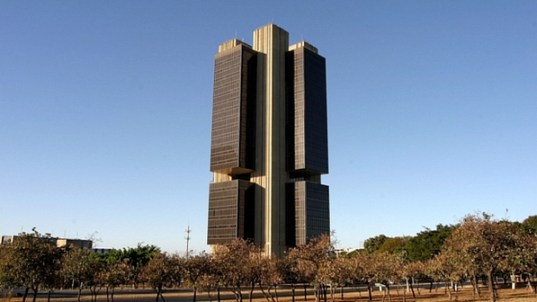Reason to trust

How Our News is Made
Strict editorial policy that focuses on accuracy, relevance, and impartiality
Ad discliamer
Morbi pretium leo et nisl aliquam mollis. Quisque arcu lorem, ultricies quis pellentesque nec, ullamcorper eu odio.

On Wednesday, not only did we have the central bank of Israel come out and warn of the perils of getting involved with digital currencies, Hungary also came forward with a statement of their own.
Now, the Central Bank of Brazil is coming out of the woodwork with a statement of their own. And while they haven’t slammed down the ban hammer like Russia recently has, they have echoed the sentiments previously communicated by a number of other central banks.
The bank reminds its citizens that “virtual currency” are not issued nor backed by a monetary authority.
…entities and persons who make or issue the intermediation of these virtual assets are not regulated or supervised by the monetary authorities of any country.
They go on to warn that the value of digital currency also cannot be guaranteed.
The conversion value of an asset known as virtual coin issued by monetary authorities depends on the trust and confidence that the currency market players have called acceptance of virtual currency as a medium of exchange and expectations of recovery. There is therefore no government mechanism to guarantee the value of its currency instruments known as virtual currencies, the risk of getting all their acceptance into the hands of users.
It wouldn’t be a central bank warning without a good old volatility mention. The bank warned that the price of digital currency (namely bitcoin) can fluctuate wildly.
With regard to digital currencies being used for illegal means:
Moreover, these virtual instruments can be used in illegal activities, which may give rise to investigations conducted by public authorities. Thus, the user of these virtual assets, although transact in good faith, can become involved in these investigations.
Finally, the bank went on to warn of potential financial losses occurring by attacks carried out over the world wide web — hacking, phishing, and scamming.
Of course, one could say that a majority of these points could be applied to traditional fiat currency, but that’s a story for another day.


























